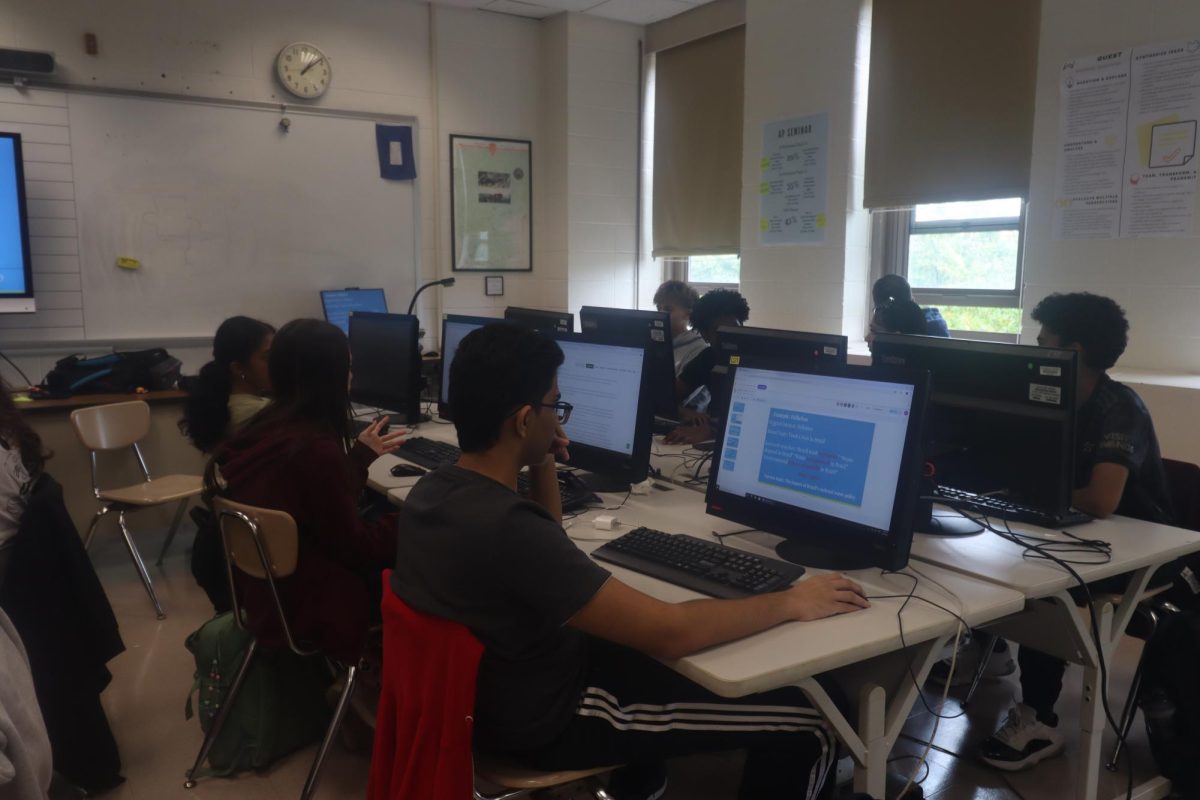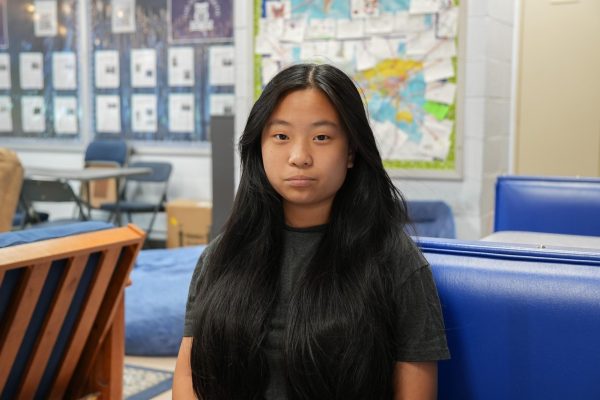
Many students view high school as a time to take classes that interest them. This is no different for students at Townsend Harris High School. In order to maximize the amount of classes they can take, many students drop their lunch period. However, guidance counselors often refuse to drop students’ lunch periods or hesitantly agree. Students should have an easy route to exploring their interests as long as they are capable of handling a large workload.
Currently, one has to request a schedule change on a Google form or email their counselor with the class you want instead of your lunch band. After submitting the form, some opt to talk to their counselor in person about dropping a lunch band, in hopes it will better their chances of a schedule change. Although this sounds simple enough, the process can become more complex because certain counselors may or may not allow the change. There should be set guidelines and expectations to follow in order to drop lunch for an elective.
There are students who show that they can perform under pressure and have the academic merit to back them up. For example, many of the students who are confident enough to drop their lunch have already evaluated how they use their lunch periods and how their grades have been the previous year. For most, they consider that their grades are high enough and easy enough to maintain and they already use their lunch periods for productivity. These students already have the framework needed to drop their lunch and should be allowed to do so.
Having extra electives also helps students develop their interests in academic and artistic fields. For instance, symphonic strings is a class designed to enhance students’ musical talents with the help of a teacher. Financial Literacy provides students with valuable real-world knowledge. If a student has certain grades and can provide guidance counselors with a plan to manage their schoolwork effectively, they should be allowed to drop their lunch band.
Elective classes also help students relax. For instance, studies show that music and art serve as an outlet for students to destress from a long day. In addition, music is also beneficial academically because it helps students build cognitive and language skills. If anything, dropping lunch for a creativity-based elective can actually help students focus better for the rest of the day and make them more attuned to learning.
On the other hand, lunch is a time for students to have a mental reset from regular school classes, which are rigorous enough on their own. As previously mentioned, however, students should have a say in how their schedules flow, and whether or not they can handle the stress. Moreover, classes that students tend to enjoy are the ones they choose for themselves.
Some students perform better without a lunch period than others, and they should be given the opportunity to take more classes if they so choose.






























Abigail Kronenberg • Nov 14, 2024 at 6:55 pm
Overall harmful take for THHS students. Our student body is o deeply motivated to excel and tough workloads are already built into any student’s normal schedule. Encouraging students, especially underclassmen, to give up their one free period a day to eat a meal in favor of another class (that will most likely be a core subject- art classes are in short supply and only one very advanced strings class happens during any lunch bands, so this argument is based on inaccurate reporting) will most likely lead to increased feelings of burnout and stress among even our most “seemingly capable” students. Further, on what metric are students to be judged on their academic capabilities to qualify for a lunch band replacement? A certain grade threshold? Quick judgements by a guidance counselor? The current process for granting students an extra class during lunch is extremely subjective and disorganized. Townsend Harris students are already among the hardest working in NYC, and everyone deserves a lunch break to rest and most importantly eat. Administration urging students to keep their lunch periods is crucial to maintaining a healthy and nourished student body.